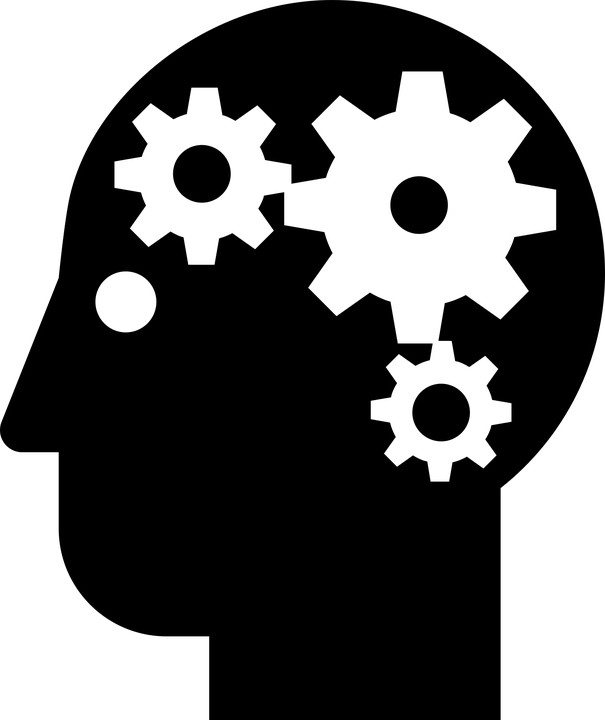It’s important to take care of your mental health because if you don’t, it can lead to bigger problems down the line. Many people try to tough it out and ignore their mental health problems, but this can only make things worse. Here are some tips for detecting and treating mental health problems:

Table of Contents
1. Trouble sleeping or sleeping too much
This is one of the most common mental health problems and can be a sign of depression or anxiety. If you’re having trouble sleeping, try to establish a regular sleep schedule and stick to it as much as possible.
Avoid caffeine and alcohol before bed, and create a relaxing environment in your bedroom. If you’re sleeping too much, it could be a sign of depression.
Try to get up and move more during the day, and make sure you’re getting enough exposure to natural light. Remember, as the people from SoCal Mental Health note, mental illness can often create significant impairment and an inability to be successful in the real world. So, don’t try to tough it out, get help from a professional if you can.
2. Feeling overwhelmed
If you feel like you can’t keep up with your responsibilities or like there’s no point in trying, it’s a red flag for depression. For example, you may be struggling to keep up with work, school, or taking care of your home and family. These are all valid concerns that can lead to feeling overwhelmed. Don’t hesitate to talk to your doctor or a therapist about how you’re feeling.
Additionally, as mentioned before, many people try to ignore their mental health problems and this can only make things worse. If you’re feeling overwhelmed, it’s important to take a step back and assess your situation. See if there’s anything you can delegate or let go of, and try to find ways to simplify your life.
Plus, as the National Institute of Mental Health (NIMH) points out, it’s important to take care of your physical health if you want to maintain your mental health. Eating a healthy diet, getting regular exercise, and getting enough sleep are all crucial for keeping your mind and body strong.
3. Loss of interest in activities
Another common sign of depression is a loss of interest in activities that used to bring you joy. For example, you may have stopped hanging out with friends, going to the gym, or participating in hobbies. This can be a difficult symptom to deal with because it can make you feel even more isolated and alone.
If you’re experiencing this symptom, it’s important to reach out to your loved ones and let them know how you’re feeling. They may be able to help you get back into activities that you enjoy or find new ones that interest you. Additionally, talking to a therapist can also be helpful in managing this symptom.
4. Changes in appetite
Changes in appetite are another common sign of mental health problems. For example, you may find that you’re eating more or less than usual. You may also notice that your weight has changed even though your eating habits haven’t. This can be a sign of depression, anxiety, or other mental health disorders.
If you’re experiencing changes in your appetite, it’s important to talk to your doctor. They can help you figure out if there’s an underlying medical condition that’s causing the problem. If not, they can work with you to develop a plan to get your appetite back on track.
5. Feeling agitated or restless
If you’re feeling agitated or restless, it could be a sign of anxiety. This may manifest as feeling like you can’t sit still, constant fidgeting, or feeling like you need to move all the time. This can make it difficult to concentrate, relax, or get a good night’s sleep.
If you’re feeling agitated or restless, it’s important to talk to your doctor. They may recommend medication or therapy to help you manage the symptom. Additionally, there are some things you can do on your own to help ease the symptom. For example, you can try relaxation techniques, yoga, or exercise.
6. Feeling fatigued or low energy
One of the most common signs of depression is feeling fatigued or having low energy. This may manifest as feeling tired all the time, even after getting a good night’s sleep. You may also find that you have no motivation to do anything or that you’re struggling to concentrate. If you’re experiencing this symptom, it’s important to talk to your doctor.

Mental health problems can be difficult to detect and even harder to treat. However, if you’re aware of the signs and symptoms, you can get help before things get too bad. The six tips we’ve provided should give you a good starting point for detecting and treating mental health problems. If you’re feeling overwhelmed or like you need more help, don’t hesitate to reach out to your doctor or a therapist.




